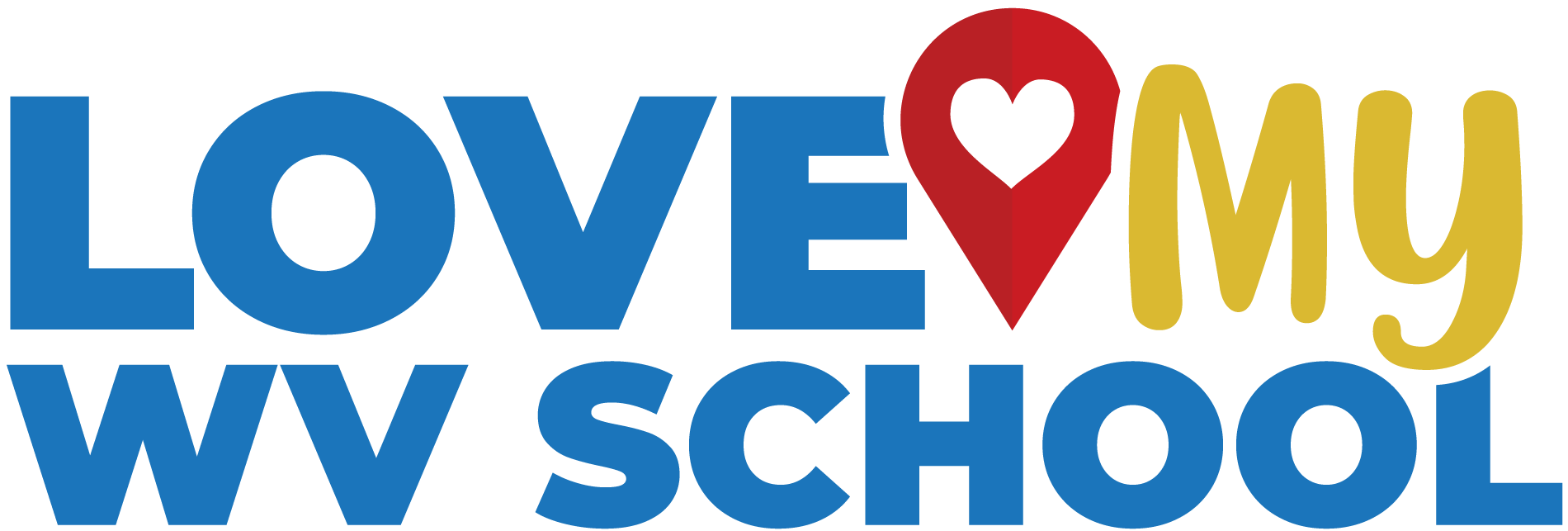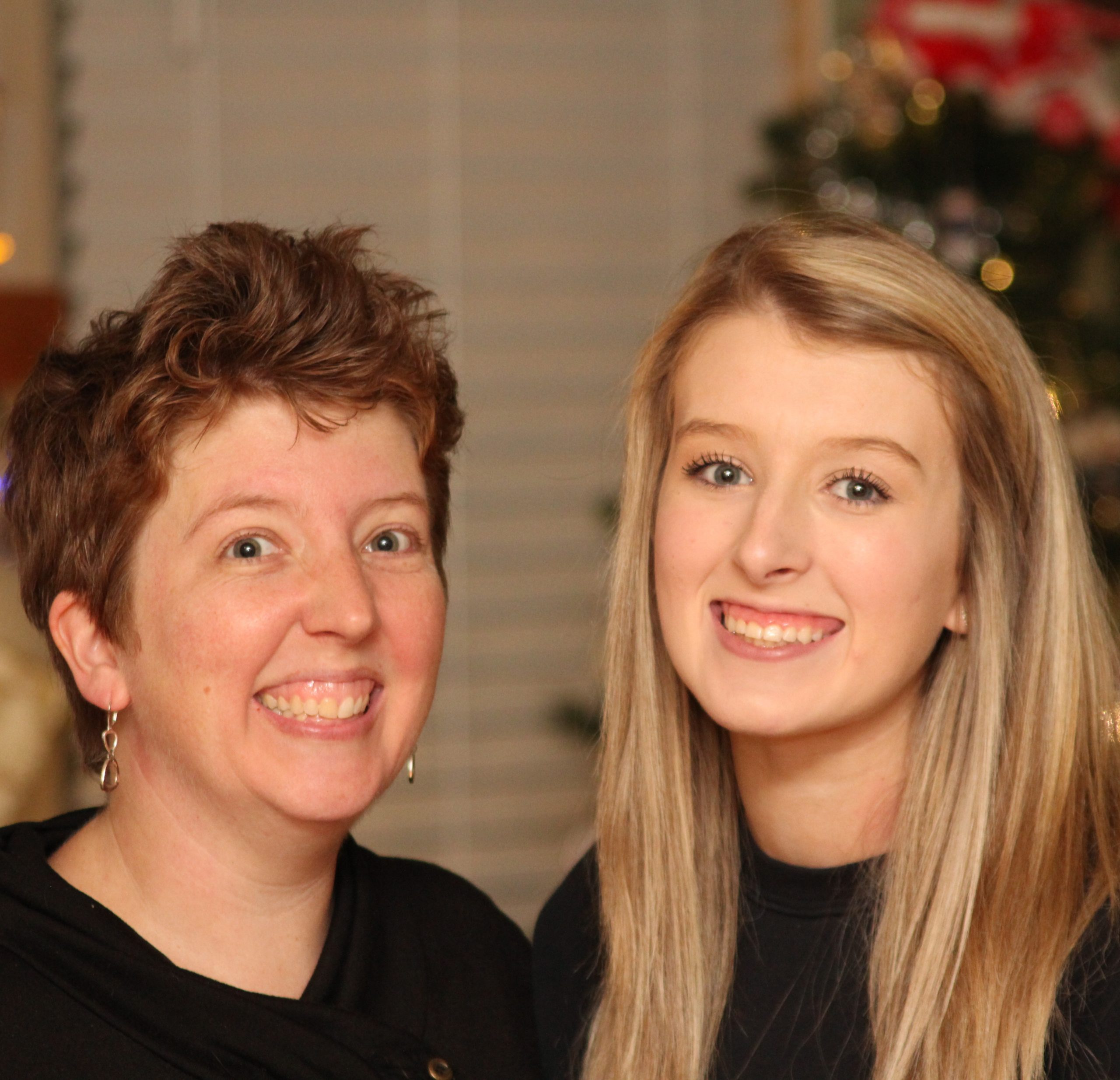When Maria Harrah decided to become a certified educational interpreter, it was because she knew how important it is for our young deaf or hard of hearing children to have the same opportunities as others. One of those children happened to be her daughter, Franki, who was born profoundly deaf. Harrah said her daughter inspires her daily.
“She is 19 years-old, and currently a college student majoring in criminal justice. She uses American Sign Language (ASL), Cued American English, and English. She has overcome so much, and still continues to do so. I think the one thing that gives me the most pride would be her ability to advocate, both for herself and for others.”
The ability to advocate for others runs in the family. As an educational interpreter, a large part of Harrah’s job is to ensure equal access to communication between the deaf or hard of hearing individual and the hearing peers, teachers, staff, students and administrators.
“We are part of the IEP team and assist with ensuring the language of the student continues to grow. In some ways, we are also educators. We educate people, both deaf and hearing, in the educational setting on how to use us, and what appropriate measures to take to ensure equal access is given.”
Harrah said she believes special education is a vital component of our education system as it allows our children who have unique needs to access and have those needs met on an individual basis.
“Every child is different. That doesn’t go out the window just because your child is deaf. Every deaf child is different, too. Some need very little to succeed in the classroom. Others need more,” Harrah said. “The most important thing the general public should know about special education educators and programs in West Virginia is that we may not always have the right program or device or accommodation that your child needs as a child enters school or even a new classroom. We need the parents and/or the child’s input on issues to be able to address them as they come and to be able to implement what is going to work for your child. Don’t be afraid to speak up, or to ask questions. Most educators truly do want what is best for your child, and they are willing to try new things to make that happen. Your voice is important!”
Harrah serves on the board of West Virginia Hands and Voices, and as the founder of ASL Time on Facebook and YouTube. She is currently working towards becoming a certified cued language transliterator for West Virginia students.


